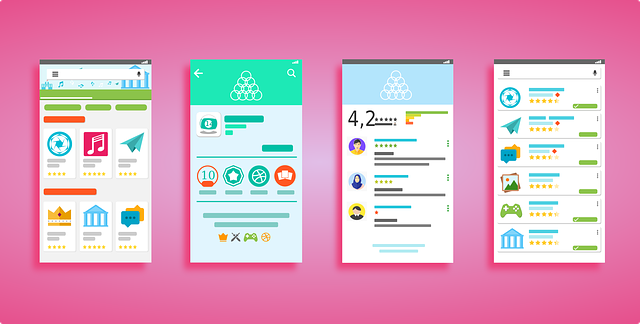It’s a fact that many people don’t really care about their online privacy. They just use their devices for whatever purpose that they want without thinking about their own online security at all. They use the search engines, visit some websites, download files, share files, post their pictures on social media, and do all other online activities without being aware that they are being monitored by their government, the ISP, the websites that they visit, the corporations, and even hackers. Do you have the same problem as many people?
If you care about your own privacy online, it’s important for you to be more and more aware of protecting your real identity online. Protecting your online privacy is not the job of the government or any other third parties. It is your own responsibility. In fact, it is everybody’s responsibility, albeit many people are still not aware of their responsibilities. So, do you protect your privacy online? Here are 5 questions you should ask about your online privacy:
1. Do You Always Use A Secure Network Connection To Access The Internet?
What type of network connection that you’re using to access the internet? If you often access the internet from public WiFi networks, you should be aware that the security of such networks is questionable at best. When you are using the non-encrypted network connection to access the internet, you are risking your browsing activity from being monitored by the third parties. It means that you will have zero privacy when you browse the internet using the non-encrypted network. On the other hand, if you always be aware of using only a secure network connection to access the internet, then your privacy is safe, and people generally cannot monitor your online activity.
2. Are You Keeping Your Apps And Operating System Up To Date?

Your apps and operating system are the frontiers of your online security. Keeping your apps and operating system up to date will ensure that you have the system that is well-protected and secure. Hackers can easily penetrate your system if you don’t keep it up to date with the latest patch. This is because these updates done by the OS and app developers will usually bring fixes to various security vulnerabilities. When you are risking your online security by not keeping your apps and operating system up to date, it means that you are risking your privacy as well.
3. Do You Protect And Encrypt Your Network Connection?
Even if you always use your own secured network connection to access the internet, it doesn’t mean that nobody can’t monitor your browsing activity. Yes, hackers or any other unscrupulous third parties might have a hard time penetrating your network connection and stealing your data. But, your browsing activity will likely still be monitored by your ISP and your government. So, in order to ensure that your privacy is completely safe from any type of online surveillance system, you have to encrypt and protect your network connection by using the virtual private network or VPN. This will ensure that you are browsing the internet anonymously all the time.
4. Are You Following The Online Security Best Practices?
Since many people are still so indifferent toward their online security, it is no wonder that there are still many cases of social media accounts getting hacked. It is simply because of most people that are not following the online security best practices. For instance, there are still many people who are setting up very simple passwords for their accounts. There are also people that are still opening SPAM emails and follow the links contained in those junk email messages. In order for you to protect your online privacy, you have to follow the security best practices, such as by setting up strong passwords for your accounts, activating the two-factor authentication, deleting SPAM emails immediately, being aware of phishing websites, and so on.
5. Are You Keep Revealing Your Private Information Online?
How many times did you see your friends revealing their private information in social media today? They don’t really care about their own privacy, and there are still many people out there that do that on a daily basis. They reveal where they are now, when they will go on vacation, their personal problems, sharing their private photos or information, and so on. This is a kind of habit that can leak your own privacy online, even without any hackers trying to hack into your devices. In order to safeguard your own privacy online, try to avoid revealing or sharing your private information online, since it is not the appropriate place for you to do that.
Those are the 5 questions you should ask about your online privacy. So, have you done enough to protect your own online security and privacy? If the answer is not yet, then you should start guarding your online privacy right now. It’s never too late for you to do the necessary things to keep your identity safe while browsing the internet.
